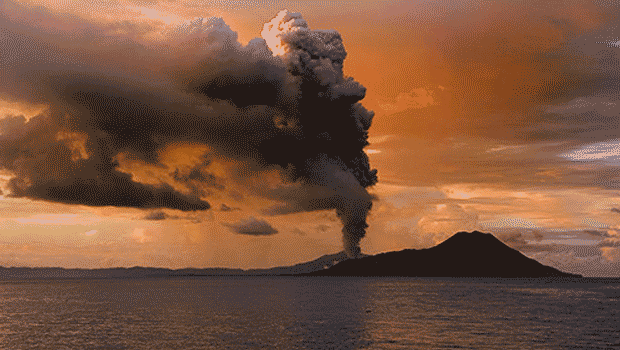Volcanic Eruptions Add to Larger Impact on Climate
A new analysis published in Nature Geosciences on Sunday shows that a series of relatively small eruptions since 2000 have likely helped dampened the rise in temperatures.
ClimateCentral: The recent slow down in global warming has been attributed to a number of factors, including excess heat being stored in the deep ocean and reductions of certain greenhouse gases. Now add volcanic eruptions to the mix of contributing factors.
A new analysis published in Nature Geosciences on Sunday shows that a series of relatively small eruptions since 2000 have likely helped dampened the rise in temperatures.
The slow down in global warming has been termed a “hiatus” by some because global average temperatures have plateaued in the past 15 years after rising sharply since the 1970s. Climate models have failed to replicate the slow down, which has led some skeptics to question their validity and how sensitive the Earth’s climate is to human greenhouse gas emissions.
Ben Santer, a scientist at Lawrence Livermore Laboratory in Berkeley, Calif., and lead author of the new study, jokingly referred to this as “the models-suck interpretation” in an interview.
“You have to look at all the evidence, though” he said.
That includes the focus of the new research, which analyzes recent volcanic eruptions on the climate system.
Volcanic eruptions have a well-known cooling effect on the Earth’s surface temperatures. Eruptions spew ash clouds full of tiny particles called aerosols high into the stratosphere where they effectively act as a giant mirror that reflects incoming sunlight back into space, cooling the Earth in the process. Other natural and manmade sources of aerosols include forest fires, emissions from coal plants, and dust kicked up from deserts.
